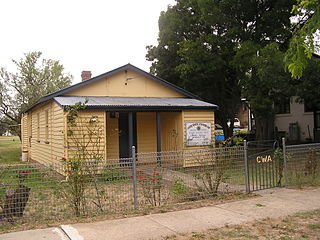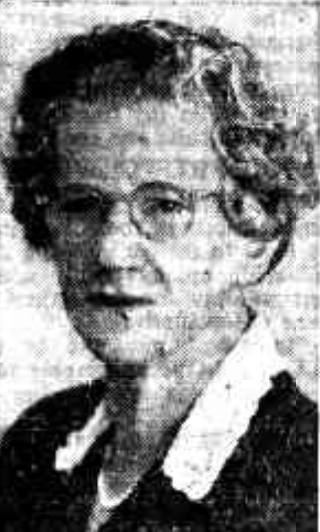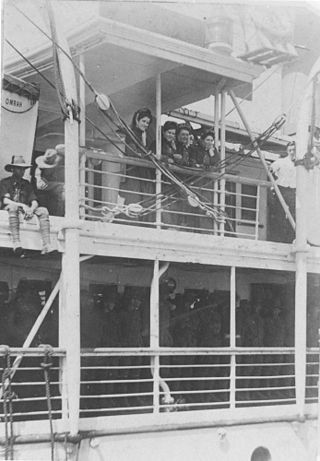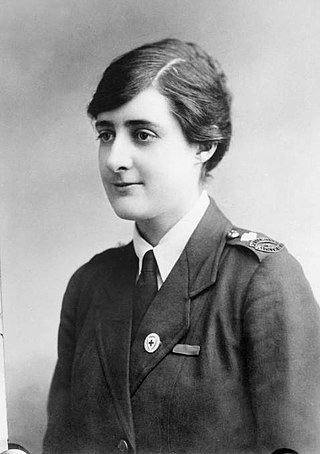March 29 is the 88th day of the year in the Gregorian calendar; 277 days remain until the end of the year.

Comfort women were women and girls forced into sexual slavery by the Imperial Japanese Armed Forces in occupied countries and territories before and during World War II. The term comfort women is a translation of the Japanese ianfu, a euphemism that literally means "comforting, consoling woman". During World War II, Japanese troops forced hundreds of thousands of women from Australia, Burma, China, the Netherlands, the Philippines, Japan, Korea, Indonesia, East Timor, New Guinea and other countries into sexual enslavement for Japanese troops; however, the majority of the women were from Korea. Many women died or died by suicide due to brutal mistreatment and sustained physical and emotional distress. After the war, Japan's acknowledgment of the comfort women's plight was minimal, lacking a full apology and appropriate restitution, which damaged Japan's reputation in Asia for decades. Only in the 1990s did the Japanese government begin to officially apologize and offer compensation. However, apologies from Japanese officials have been criticized as insincere.

The Australian Conservation Foundation (ACF) is Australia's national environmental organisation, launched in 1965 in response to a proposal by the World Wide Fund for Nature for a more co-ordinated approach to sustainability.

The Women's Freedom League was an organisation in the United Kingdom from 1907 to 1961 which campaigned for women's suffrage, pacifism and sexual equality. It was founded by former members of the Women's Social and Political Union after the Pankhursts decided to rule without democratic support from their members.

The Country Women's Association (CWA) is a women's organisation in Australia, which seeks to advance interests of women, families, and communities in Australia, especially those in rural, regional, and remote areas.

Clare Grant Stevenson, AM, MBE was the inaugural Director of the Women's Auxiliary Australian Air Force (WAAAF), from May 1941 to March 1946. As such, she was described in 2001 as "the most significant woman in the history of the Air Force". Formed as a branch of the Royal Australian Air Force (RAAF) in March 1941, the WAAAF was the first and largest uniformed women's service in Australia during World War II, numbering more than 18,000 members by late 1944 and making up over thirty per cent of RAAF ground staff.

Sybil Howy Irving was an Australian military officer who was the founder and controller of the Australian Women's Army Service during World War II. She served in this position from 1941 to 1946, and was active in charity and social organisations until she was aged 74.
Margaret Joan Holmes was an Australian peace activist, particularly during the Vietnam War and as part of the Anglican Pacifist Fellowship. She founded the New South Wales branch of the Women's International League for Peace and Freedom in 1960, and in 2001 was made a Member of the Order of Australia for her services to the community.

John Linton Treloar, OBE, commonly referred to during his life as J. L. Treloar, was an Australian archivist and the second director of the Australian War Memorial (AWM). During World War I he served in several staff roles and later headed the First Australian Imperial Force's (AIF) record-keeping unit. From 1920 Treloar played an important role in establishing the AWM as its director. He headed an Australian Government department during the first years of World War II, and spent the remainder of the war in charge of the Australian military's history section. Treloar returned to the AWM in 1946, and continued as its director until his death.

Lieutenant General Sir Alwyn Ragnar Garrett, KBE, CB was a senior commander in the Australian Army. He served as Chief of the General Staff (CGS) from 1958 to 1960.

Ruth Beatrice Fairfax was a founding member of the Australian Country Women's Association and the first President of the Queensland Country Women's Association. The federal electorate of Fairfax is named in her honour.

Australian women in World War I, were involved in militaries, and auxiliary organisations of the Allied forces abroad, and in administration, fundraising, campaigning, and other war time efforts on home front in Australia. They also played a role in the anti-war movement, protesting conscription, as well as food shortages driven by war activities. The role of women in Australian society was already shifting when the war broke out, yet their participation on all fronts during the Great War escalated these changes significantly.

Lieutenant Colonel William Francis James McCann, was an Australian soldier of World War I, a barrister, and a prominent figure in the military and ex-service community of South Australia during the interwar period. Born and raised in Adelaide, he worked as a teacher before the war. He enlisted in the Australian Imperial Force as a private in 1914, and rose through the ranks to be commissioned during the Gallipoli campaign of 1915. In 1916–1918 he fought on the Western Front in France and Belgium, was wounded twice, and rose to the rank of major. For his gallantry during the war, he was made a Companion of the Distinguished Service Order and twice awarded the Military Cross. After the war, he served as commanding officer of the 10th Battalion until its disbandment in 1919.
John Tolson Massey was an Australian rules footballer who played with Carlton in the Victorian Football League (VFL) and a long serving National General Secretary of the YMCA of Australia.
Ruth Hope Crow was an Australian political activist, social worker, writer, and long serving member of the Communist Party of Australia. Her work ranged from establishing child care centres, youth activities and neighbourhood centres, to campaigning on topics of anti-fascism, urban planning, women's issues and the environment. Crow is credited with mentoring other women in their careers and activism, with the result that 'the whole society was politicised'.

The Free Dutch Forces refers to the Dutch military formations of the Dutch government-in-exile and its colonies that were formed to fight alongside the Western Allies against Nazi Germany and its allies during World War II following the Dutch surrender in May 1940.
The Cheer-Up Society was a South Australian patriotic organisation founded during The Great War, whose aims were provision of creature comforts for soldiers in South Australia. Much of their activity was centred on the Cheer-up Hut, which they built behind the Adelaide railway station, and almost entirely staffed and organised by volunteers.
It is sufficient to know that we are all doing something to give pleasure and comfort to the brave soldiers who are going from Australia to fight for King and Empire; and that we hope to receive them on their return in this Cheer-up Hut of theirs – for it belongs to the soldiers and not to the members of the Cheer-up Society – where they will enjoy the comforts and rest of home. Nothing we can do is too good for these heroic soldiers of ours. The sphere of work of the society is kept within definite and specific limits, which do not overlap in the slightest the splendid patriotic work which is being carried out successfully by the S.A. Soldiers' Fund, the Red Cross, the Wattle Day League, the Y.M.C.A., the S.O.S., the Belgian Fund, and other like organizations. The desire of the members of the Cheer-up Society is to co-operate in the most amicable manner with all such societies.

Vera Deakin White, also known as Lady White, was an Australian humanitarian known for her long involvement with the Australian Red Cross. In 1915, aged 23, she established the Australian Wounded and Missing Enquiry Bureau to assist the families of soldiers. The bureau, initially based in Cairo and later in London, responded to thousands of requests for information during the First World War.
Bertha Chatto St. George Smith, also known as Bertha Mac Smith, was an Australian author and philanthropist. She was appointed an Officer of the British Empire in 1964, in recognition of her work as national president of the Country Women's Association of Australia.
Irene Victoria Read born Irene Victoria Phillips was an Australian charity and community worker. She was President of Sydney's Rachel Forster Hospital for Women and Children from 1930 to 1950.













